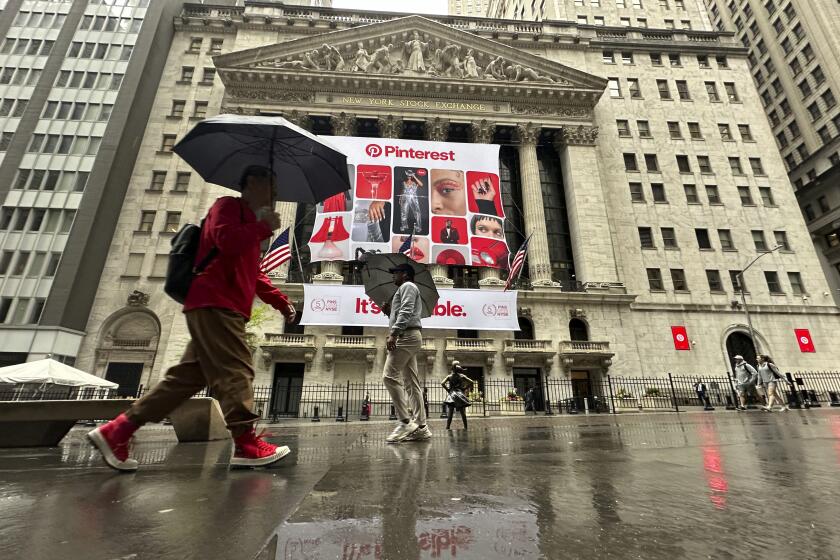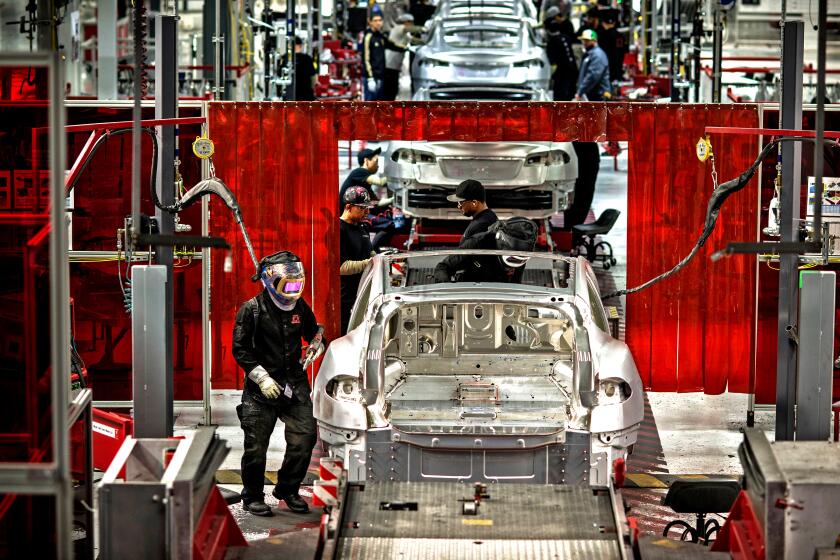Enron’s Watkins Falls Far Short of Being a Hero
It seems that we have learned nothing about courage or heroes since Sept. 11. The firefighters, police officers, airline passengers and other ordinary people who risked their own lives and lost their lives for others are heroes.
But those words have nothing to do with the actions of Enron Vice President Sherron S. Watkins.
Yet Watkins is being heralded as a courageous hero for a memo that became public only because of the disaster she predicted. Likewise, we have learned nothing about whistle-blowers--people who risk everything by taking public some malfeasance--if we use that term to describe Watkins. It is a perverse culture of business ethics that allows an individual to be described as courageous or a whistle-blower just because she took bad news to a boss.
Language is critical, not just for the ethical concepts but also for the message that we send about certain kinds of behavior. As a senior executive of a company, as an accountant, Watkins wrote a memo detailing her concerns. She was simply doing her job.
She did not go to the board of directors, she did not seek outside assistance, she did not resign, she did not go public. She risked nothing. In fact, she sold some of her Enron stock while making her allegations. She locked up her incriminating files. Real courage, real heroism and real whistle-blowing would have resulted in an unrelenting pursuit of her concerns, regardless of the risks to herself.
Justice Louis Brandeis once said that sunlight was the best disinfectant. We need to foster a culture of increased transparency to ensure that powerful corporations do not trample law, ethics and public responsibility in the interests of financial gain. Rays of light occur only when we hear the voices willing to speak out from tightly sealed walls. Yet whistle-blowers often suffer job loss, personal retaliation and broken lives.
We need ways to identify, reward and encourage moral courage. In “The Mystery of Courage,” William Ian Miller writes that moral courage differs from physical courage in that it is “lonely courage.” It requires “making a stand, calling attention to yourself or running the risk of being singled out in an unpleasant and painful way.” It depends on “the capacity to overcome the fear of shame and humiliation in order to admit one’s mistakes, to confess a wrong, to reject evil conformity, to denounce injustice and also to defy immoral or imprudent orders.” Although moral courage does not necessarily require physical courage, Miller says that it can be undone by physical cowardice.
When Watkins wrote her memo, she had the potential for a great act of moral courage, but in the end it was undone by her physical cowardice. We call her courageous now only because the rest of the lot is so vile. We call her a whistle-blower because she started to do something the others did not do at all.
We should use Watkins as a case study of the power a single person could have if she were willing to risk everything for a higher principle. It is the power we as a society can have if we protect the real heroes--those with moral courage and physical courage who may suffer for their heroism.
*
Linda Peeno is a physician in Louisville, Ky., who has spoken out against patient abuses in managed care. A television movie based on her experiences, “Damaged Care,” is scheduled to air in May.






